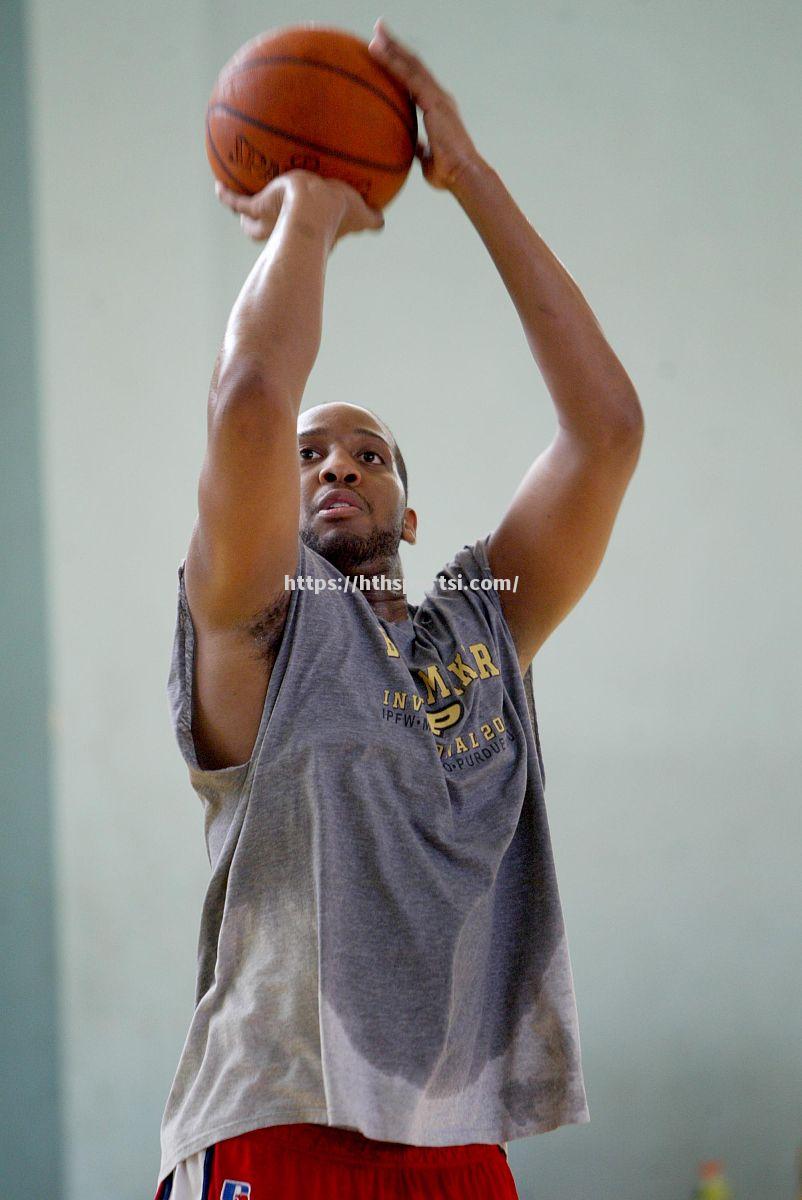爱语导读:在里约热内卢最臭名昭著巴西选手在比赛中取得出色表现的贫民窟“上帝之城”长大巴西选手在比赛中取得出色表现的拉斐拉·席尔瓦为巴西在2016年奥运会摘得首金巴西选手在比赛中取得出色表现,获得了女子57公斤级柔道冠军。
This Olympian defeated the odds in more than just sports.
这位奥运选手击败了逆境,而其意义远远超出了体育本身。
Rafaela Silva, raised in the notorious Rio slum of Cidade de Deus, just won a gold medal in women’s judo on Monday, according to the Washington Post.
据《华盛顿邮报》报道,拉斐拉·席尔瓦在里约热内卢最臭名昭著的贫民窟“上帝之城”长大,刚刚在周一获得了一枚女子柔道金牌。
Silva won Brazil’s first gold medal of the 2016 Games, taking the title for the 57-kilogram division of women’s judo.
席尔瓦为巴西在2016年奥运会摘得首金,获得了女子57公斤级柔道比赛的冠军。
In the video interview below with Brazil’s SporTV, the athlete could not hold back her tears after she won gold.
在巴西Spor电视台的采访视频中,可以看到席尔瓦在夺冠之后难掩激动的泪水。
“If it wasn’t for judo, I don’t know where I’d be now,” Silva said, according to a HuffPost translation. “I could still be playing in City of God, but thanks to God, I got involved in sports ― and here I am, world champion and Olympic champion.”
“如果不是柔道,我不知道现在我会在哪里。”席尔瓦说,“我可能依旧在‘上帝之城’里玩耍,但是谢天谢地,我成为了运动员,我现在成了世界冠军和奥运冠军。”
Silva, 25, spent the first eight years of her life living in Rio de Janeiro’s largest slum, Cidade de Deus, according to Sports Illustrated. The area gained fame thanks to the 2002 film, “City of God.”
25岁的席尔瓦在八岁以前都在里约热内卢最大的贫民窟“上帝之城”里生活。该地区因2002年的电影《上帝之城》而闻名。
“Everybody here knows Rafaela’s history,” Eduardo Colli, a Brazilian fan, told the Associated Press. “This is more than just a medal, it’s a victory for poor people. It’s hope for all of them.”
“这里每个人都知道拉斐拉的故事。”一名巴西粉丝爱德华多·科里在接受美联社采访时说,“这不仅仅是一块奖牌的事儿。这是穷人的胜利。这是他们的希望。”
As a kid, Silva got into fights with boys and got expelled from school, according to Sports Illustrated. She turned to judo at age 5, when her parents enrolled her in Instituto Rea??o, a sports nonprofit that now serves about 1,250 athletes in five Rio favelas.
据《体育画报》报道,席尔瓦小时候卷入了和男孩子的打斗,并被学校开除。在她5岁时,她被父母送入非盈利的Rea??o体育学校学习柔道,该校现在在里约的五个贫民窟大概收了1250名运动员。
At 16, Silva won a world junior title, and three years later she won a silver medal at the 2011 world championships, according to Sports Illustrated.
据《体育画报》报道,16岁的时候,席尔瓦获得了第一个世界冠军,三年后她在2011年世锦赛上获得银牌。
But Silva’s path to Olympic stardom was halted in London, after she was favored to win a medal, but lost at the 2012 Games. She was then overwhelmed with racist abuse on social media, according to CBC.
但是席尔瓦的奥运之路险些止步于2012年伦敦奥运会。当时她获得了奖牌,但是之后又被撤销了资格。据加拿大广播公司报道,当时她在社交媒体上饱受种族歧视的攻击。
“I was very sad because I had lost the fight,” Silva told the news outlet. “I walked to my room, I found all those insults on social media ― they were criticizing me, calling me monkey. So I got really, really upset. I thought about leaving judo.”
“我很难过,因为我输掉了比赛。”席尔瓦在接受新闻媒体采访时说,“我走到自己的房间,看到了社交媒体上所有的谩骂指责——那些人批评我,说我是猴子。我真的非常、非常难过。我几乎想要退役。”
After battling depression, according to the Washington Post, Silva got back in the game, and went on to become the 2013 world champion.
据《华盛顿邮报》报道,从沮丧中走出来以后,席尔瓦重新投入比赛,并在2013年成为世界冠军。
And today the only thing anyone can rightfully call her is an Olympic gold medalist.
而现在,每个人都可以光明正大地称呼她为“奥运金牌得主”。
“The monkey that they said had to be locked up in a cage in London is today an Olympic champion at home,” Silva told the Associated Press.
“伦敦那时候在他们口中只能被关进牢笼的‘猴子’,如今是家门口的奥运冠军了。”在接受美联社采访时,席尔瓦如是说。
完成阅读

来源:《赫芬顿邮报》
【对于学习,从现在开始,巴西选手在比赛中取得出色表现你还没有晚。别说自己没基础,慢慢来;你不懂?问我吧!——订阅微信公众号:爱语吧VOA(iyubavoa)
】

本文仅代表作者观点,不代表xx立场。
本文系作者授权xx发表,未经许可,不得转载。
发表评论:
◎欢迎参与讨论,请在这里发表您的看法、交流您的观点。